The Entrepreneurial Accountant: The journey to going solo
The role of the accountant in digital transformation
25 May, 2023
Fozia Muddassir, private client tax partner at Reddy Siddiqui LLP, discusses the role accountants play when dealing with digital transformation.
Is your accountancy practice undergoing digital transformation at the moment? Perhaps your journey is yet to begin or you’re well on the way.
Maybe it’s something your clients are going through with their businesses.
Fozia Muddassir is the Private Client Tax Partner, and Digital Transformation Lead at Reddy Siddiqui LLP.
In this episode, she talks about the role that accountants play when it comes to dealing with digital transformation.
Check out what she has to say about overcoming change, getting your team involved when going through tech changes, and much more.
Here’s what we cover:
- Goodbye science, hello accountancy
- What is digital transformation and what does it mean?
- Keeping up with the pace of change as accountants
- Keeping up with change as a smaller practice
- How practices can prepare for digital transformation
Goodbye science, hello accountancy
Mike Psaras
Welcome to the Entrepreneurial Accountant. Today, I’m joined by Fozia Muddassir. Thank you so much for joining me today.
Fozia Muddassir
Thank you, Mike, for having me.
Mike Psaras
Thanks for being here.
And before we get into all the stuff about digital transformation, I’d love for you to tell me a bit more about your career background and how you got to where you are today.
Fozia Muddassir
Well, believe it or not, I didn’t grow up wanting to be an accountant, despite my father being a chartered accountant.
It was one of those “I’m never going to be what my parents are”. I think I was a scientist at heart. I think I still am, so I’m not geeky in terms of tech, but I am very curious and I’m sort of process-driven a lot.
So, I actually had a science degree, was almost on the verge of accepting a PhD in research.
But then at that point, I think my father kind of convinced me that, actually, accountancy is a great profession for women.
At which point I thought let me try it.
And in those days, there was actually – we’re talking very early 90s – where accountancy process was still very paper-driven.
So you were doing analysis on an eight-column piece of paper, you were doing extended trial balances, you were cross-casting, and then you would give it to the secretary to actually type a set of accounts.
So, it was very archaic. So, that bit of it was quite boring.
And what I found as things progressed, almost the tech or the IT at home was developing at a faster pace, and it almost felt like you went into the office, and you were suddenly in the olden days.
It was very old school. But you couldn’t really say things because it was the way that things were done.
Sage, obviously, the absolute, I think, cornerstone for most firms at that time. So, we had Sage Payroll, but we actually had Sage DOS.
I remember the transition, I was actually eight months pregnant, had gone for a check up in the hospital, and it turned out the baby was the wrong way up.
So, this is relevant to you, Mike, because I know you’re just a new dad.
So, things like that happen. And what I told the doctor is, “Can I please go back and at least get some clothes if you want me to stay in hospital for about 10 days before the baby gets delivered?”
And he said, “Yes.”
So, obviously, what I did, I did the beeline straight to the office, grabbed my massive Sage book of the conversion from DOS to Windows, and I spent the next eight days in hospital waiting for the baby to go the right way down whilst flicking and going through this book.
So, I think that was a big read, but I had eight days of uninterrupted reading on doing that transformation from DOS to Windows, that was fun.
Mike Psaras
So, that was your first introduction into transformation.
Fozia Muddassir
Very much so. Yes, absolutely.
What is digital transformation and what does it mean?
Mike Psaras
Digital transformation sounds like a bit of a – not a buzzword, but something that we don’t really understand fully what it is. In some cases, it’s referred to as the Fourth Industrial Revolution.
What does it really mean?
Fozia Muddassir
Digital transformation is change.
For me, it’s change. It’s any process that you are evolving into a better more efficient, more faster process.
So, that process of change has always existed in the accountancy industry. We have had to change with legislation, et cetera. But I think for the longest time, I think, for 400 years we were using the ledger system.
So, nothing really had changed up until about the 90s.
I think that’s when things started getting exciting in the IT side of things, in software vendors, I think, started coming up. And that’s when people started innovating on the IT side.
So, it opened up, I think, the scope for a lot of accountancy practices to either carry on doing things as they were, and we’re not going to change.
That was a very stuffy attitude.
Or there were other ones who were coming in. And we’ve always been quite – we’ve not been IT-phobic as a firm.
So, where we found that we were using Access to actually develop our own client database, we were beta testing a lot of products at the time.
So, there was a new generation, almost, in the 90s coming into the firm, which were very, very IT literate and, therefore, quite keen to get their teeth into something better.
So, we started evolving quite quickly in the 90s in terms of tech.
I think change – like I said, change is always difficult. Nobody really wants to change. And I think the older you get, it gets harder, and I know this. Keeping the same status quo is comfortable.
Change means uprooting something.
So, I think that definitely has to be a mindset within the firm to actually accept that, yes, the change is going to happen.
Yes, it’s going to be difficult at the beginning, but you’ll reap the rewards for that change a little bit later on but there is going to be an upheaval in the first instance.
Keeping up with the pace of change as accountants
Mike Psaras
Yes, absolutely. As accountants, probably we are one of the most risk-averse professions.
Fozia Muddassir
Yes.
Mike Psaras
And so, changing stuff, fixing what isn’t necessarily broken meets a bit of resistance.
And often, I think, the principal or the founding partner or whoever that may be is, as you say, often is quite fairly into their career.
It could be an older person, really, really stuck in their ways, should we say.
Fozia Muddassir
Stuck in their ways. I was actually very blessed because my senior partner was my father, and he was very open.
We would suggest something, and he would say, “Yes, absolutely, go for it.” He was very, very open, but I know that wasn’t the status quo at the time.
I remember us being very proud of all our office was computerised. That was the word then that we used.
Software, we used computer software as opposed to paper stuff. But I think, like you said, as accountants by nature, we were very stuck in our ways.
The 90s actually did help to relieve a lot of that and there was a period of change during that time.
It’s more so from the 90s and the 2000s, 2010 – it’s the pace of change that has really kind of gone exponential, and I think that’s what we’re struggling now with accountants, how much.
It’s just the attack. It feels like a tsunami of new tech and shiny bits of thing that you need, and you need it now.
So, I feel that you have to almost take a break from it, just enough to be able to embed something and embed it well, rather than just grab everything that’s out there at the moment and jump on every bandwagon that goes by.
Mike Psaras
Also, as you said, you’re just bombarded by lots of different things. How, as a practice, do you guys go about sifting out what might work for you and what might not?
Do you do a lot of demos, or do you have an idea of what you’re looking for already? Do you run things in parallel?
How do you go about that?
Fozia Muddassir
If it’s a smallish add-on, we will first see what the problem is.
So, internally, we will see is there a problem, does it need fixing? Is there a software solution that will actually fix this problem?
Then, at that point, we will demo a couple of things, find out what’s out there.
What is also a best fit, because you need it to be integrating with what you already have rather than upheaving everything and just saying, “Right, this is what we’re doing.”
Also, it’s very important teamwise to actually have the team involved. And this is the people who are actually going to be working with that bit of software.
I don’t like a top-down approach, I prefer a bottom-up approach, side-by-side working with the person who is going to be actually working the software to see what their problems are.
Just because you at a senior level think, “I think this is the problem,” actually, when you start talking to your team, the problem is actually slightly different to what was envisaged.
So, you need to actually involve them almost in the process from the beginning in terms of let’s do the demos together, let’s have a look at which one works because you might like a bit of it, but they hate this.
And this is going to be a bigger struggle than you initially thought.
So, you do need a lot of team input. I don’t believe it’s a one-man job. The change has to be accepted and embedded across the firm, so you’ve got to involve everybody.
Keeping up with change as a smaller practice
Mike Psaras
And obviously, when you’re going through these processes and you’ve got lots of staff, and you can kind of see long term you’re going to have these efficiencies if you go through this probably quite costly process in terms of time and money.
How do you think that a smaller practice can really balance that with the cost?
Because say, for example, in my instance, it’s a two-partner firm, not many staff, we’re going through the motions and thinking, “Right, do you know what, this is working well enough, well enough.
“At what point are we going to stop and down tools and say we’re going to go and basically overhaul our tech stack or whatever it is?”
That is going to take maybe a few weeks’ worth of work. And there never seems to be a good time for that.
Fozia Muddassir
There is never, never a good time for change. There is never a good time for change.
I think you’ve got to, one, make it bite-size almost, have the process of actually doing the demos, having a period of research where you actually go off, do your thing.
And if it is one or two partners then actually say which partner has the bigger appetite to actually make the change.
Let it be their pet project. Let them do a bit of research.
So, you’ve got to give them that freedom to actually do that.
Come back and actually – even if it means, you know what, the way it is now is good enough, and let’s just keep this.
You’ve got to be able to shelf the whole idea, essentially, and say we’re not doing it. Don’t get so involved personally that it becomes almost an agenda for you to have that change.
And if you’ve gone off for two weeks, checked out products, and come back and said, “Actually, there’s nothing, let’s just carry on as we were.”
That’s not a wasted two weeks, and that partner or that person shouldn’t feel like they’ve wasted that.
That is a fact-finding mission that you’ve been on.
Mike Psaras
For sure. And I think it goes back to what you were saying about mindset and almost culture.
Even if you don’t end up doing it, you’re starting to create that mindset of, “We are on a mission to improve constantly, and we are on a mission to fact find and learn.”
And hopefully, the opportunity does come along where we find the right thing, and then we can make that move.
Fozia Muddassir
Yes.
Mike Psaras
At a time when we feel comfortable.
Fozia Muddassir
Yes.
Mike Psaras
So, yes, it’s an interesting one, especially when you’re small. Because small practices are so driven, monthly billing and all that kind of stuff.
It’s difficult to say, “Right, month five, we’re not making anything because we’re dedicating it all to the transformation.”
That can be really, really difficult.
Fozia Muddassir
That is, yes. It’s a fee-earner thing, isn’t it?
If you are a fee earner, then at what point do you stop and make that knowledge work for you? But I think knowledge is never lost.
If nothing, it will help you on the second round of demoing and tech finding.
How practices can prepare for digital transformation
Mike Psaras
Yes, definitely.
Before, off-camera, we were talking about accountants maybe having to be very au fait with tech and the how-to about digital transformation before we’re able to roll it out as a service to our clients.
How can accountancy practices best prepare before embarking on a digital transformation project, would you say?
Fozia Muddassir
So, internally or externally?
Mike Psaras
Internally.
Fozia Muddassir
Internally. I think, like I said, you’ve got to have the team involvement. If people don’t have buy-in within your team, it’s going to fall over.
And then plan, plan, plan.
Take as much time planning, because I really think if you fail to plan, you actually plan to fail.
So, you’ve got to have time set aside for getting team involvement, team excitement, motivate them.
There’s light at the end of the tunnel.
But be realistic in terms of timeframes and how they may not see instant benefit straightaway.
So, you have to manage that expectation because the fizz can run out of something very quickly, so don’t promise everything within a very short period of time.
You’ve got to make them realise there’s a bit of input from them to actually make this system work. Let them take ownership of it.
If they feel it’s their baby, they become protective of it and want to nurture this thing.
So, I think that’s very important in terms of the team involvement. But definitely have a plan. Have a brain dumping session, essentially, of getting the team and saying, “Look, what can go wrong?”
And be prepared to be devil’s advocate and say, “Look, what can go wrong? Here’s the nirvana of what we want, but what if this falls over, let’s try and see if we can poke holes into this wonderful theory of how we’re going to digitise or improve something.”
Mike Psaras
Sure. You sort of having been through this a number of times, what are the most common mistakes that you’ve seen?
Fozia Muddassir
I think sitting on a project too long, it almost festers.
If you’ve promised something, or you’re saying, “We’re going to do this to your team,” and then six months down the line somebody turns around and says, “What happened to that?”
And you say, “Oh, you know, I’ll get around to it.”
You’ve already lost the momentum.
So, it’s keeping that momentum. Promising something within a set timeframe, which is manageable and realistic, and actually delivering it within that set timeframe.
Mike Psaras
To make sure you catch every episode, subscribe to the channel, or sign up to the Sage Advice newsletter at the bottom of the page.
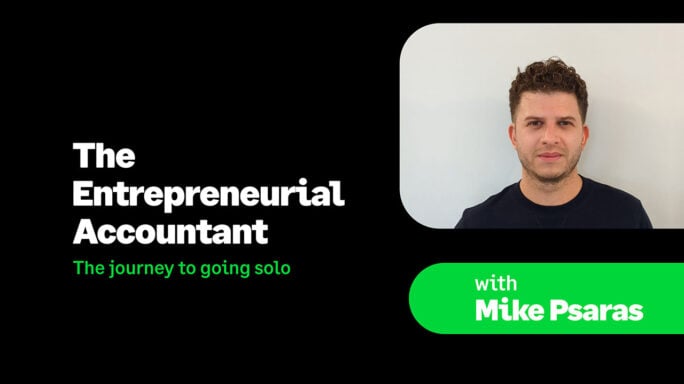
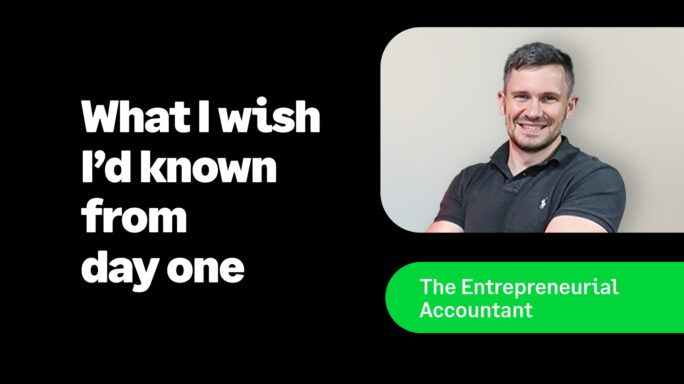
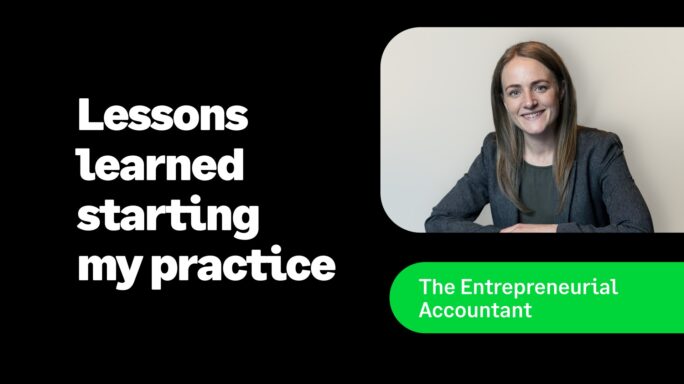
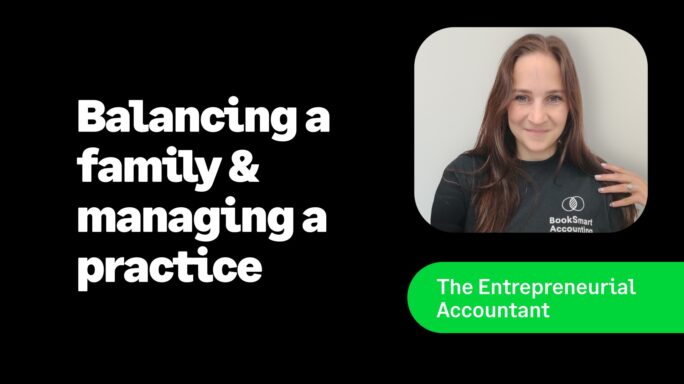
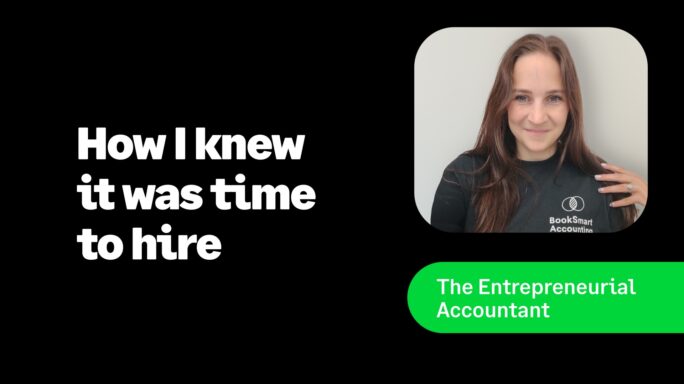
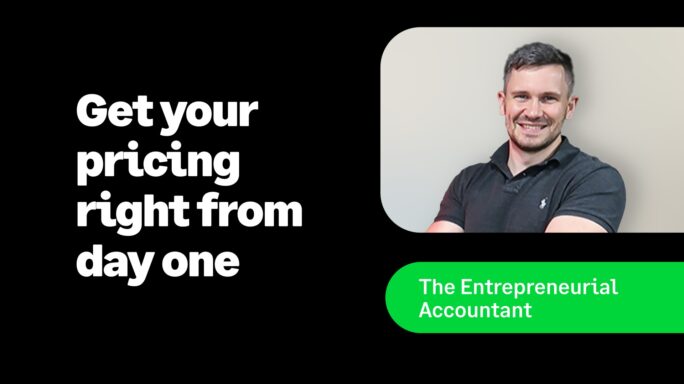
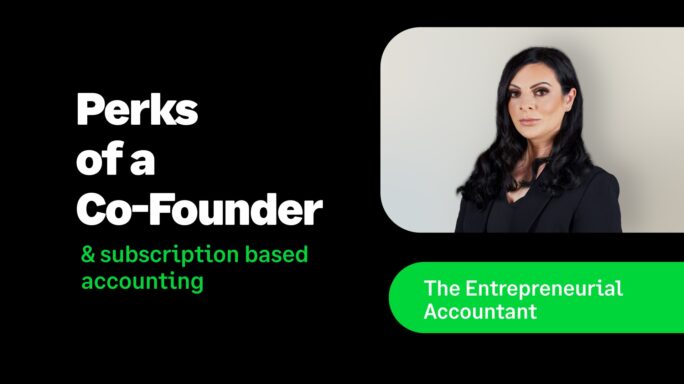
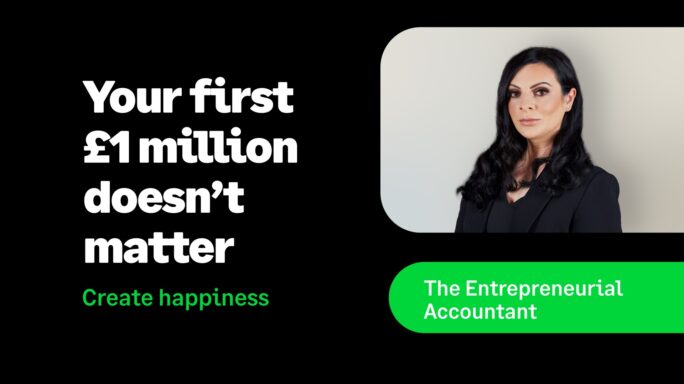
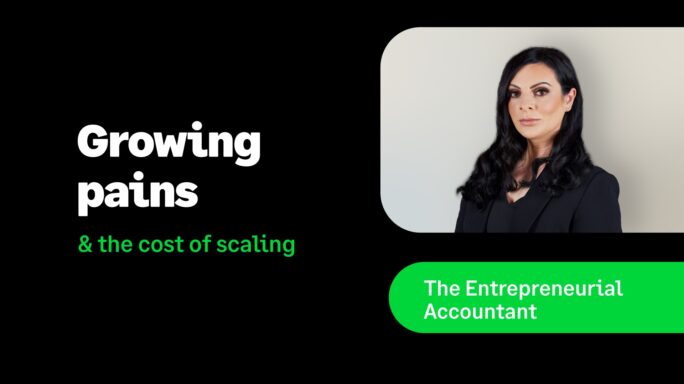
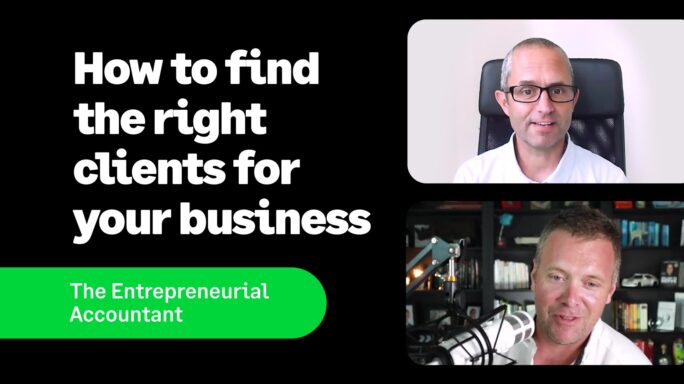
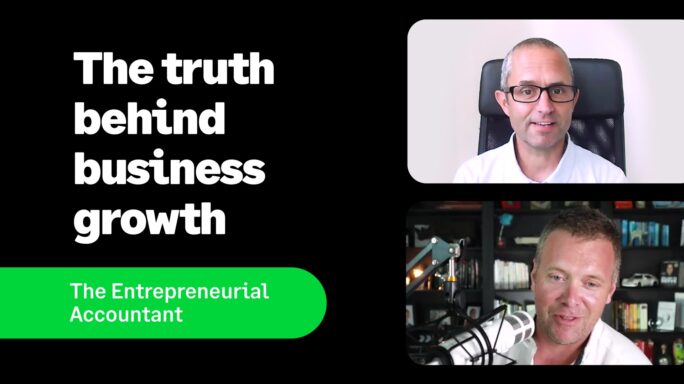
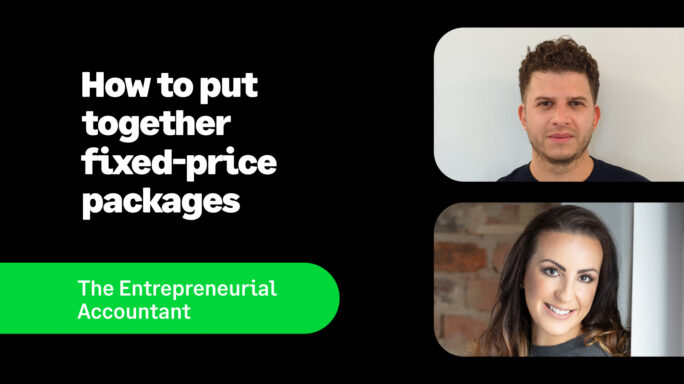
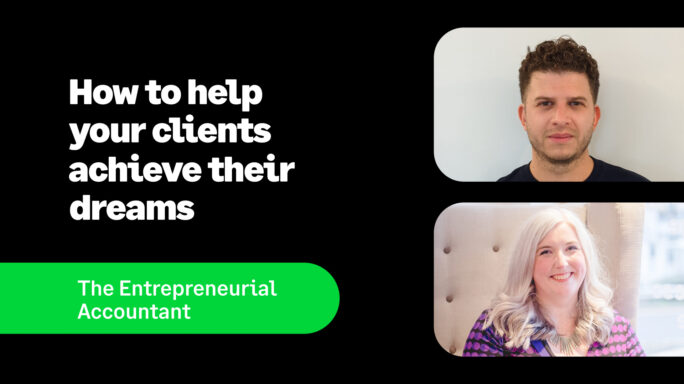
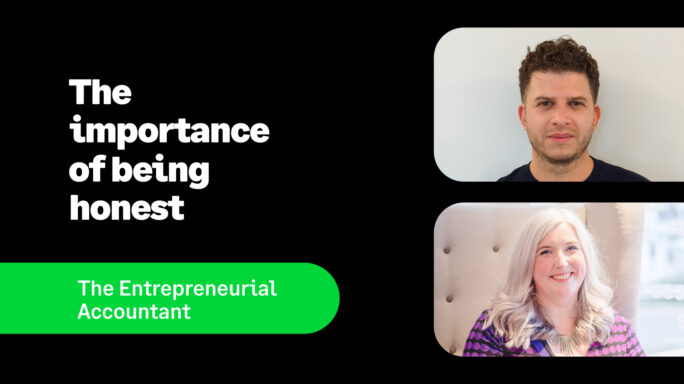
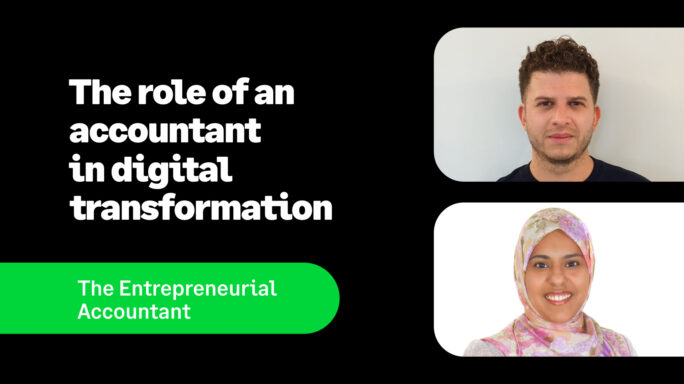
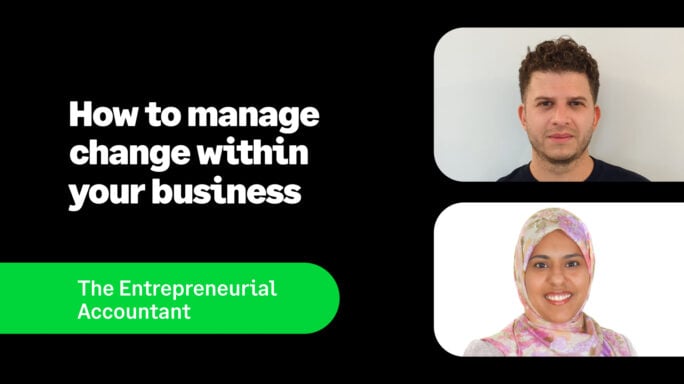
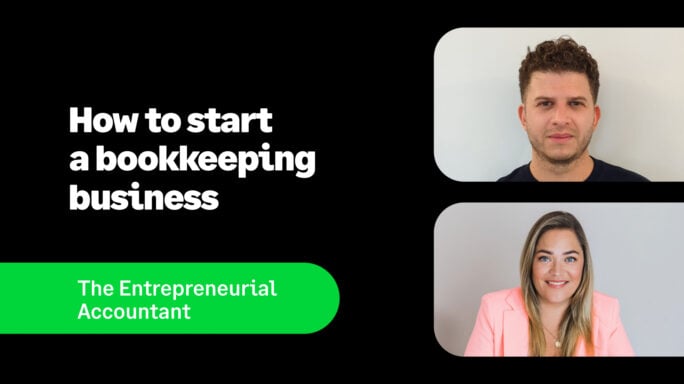
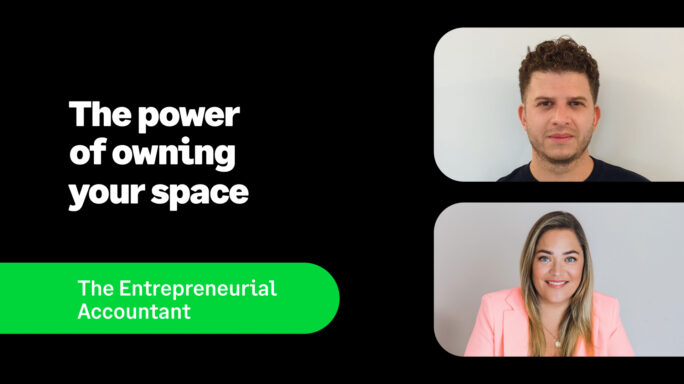



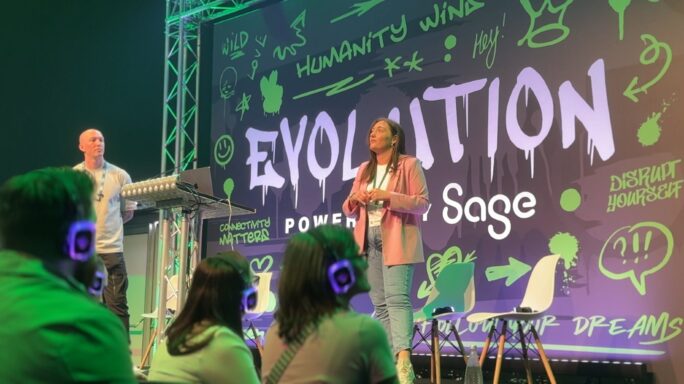



Comment below